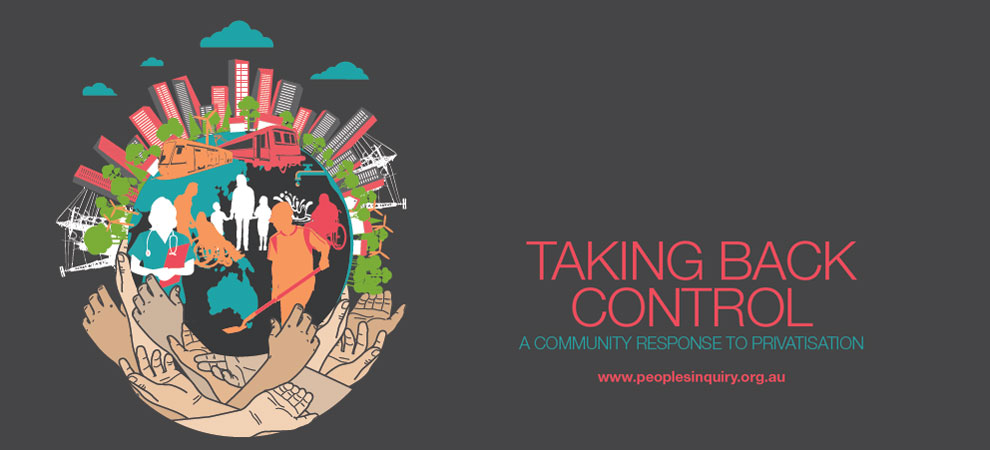Campaigns

Latest News
-
ASU delegates take action on complaints processes
30 March 2021 -
Changing the rules by taking back control: the community reaction to privatisation
23 October 2017 -
Construction in Essential Services exempt from ABCC Building Code
23 August 2017 -
City of Paris shows reversal of privatisation is possible and successful
05 July 2017 -
Today is Public Service Day but Fed Govt shows only contempt for its workforce
23 June 2017
Quality Public Services vs Privatisation
Australian society, like many other societies throughout the world, has seen its governments pursue agendas of reduced spending on public services and infrastructure. Governments have also encouraged the pursuit of private sector participation in public services via privatisation, which has often not been in the interests of the Australians who use these services.
The ASU is linked to these public services through our membership and our Branches who are involved in the day to day activities of these services. Examples include ASU members who work in local government, electricity, water, child care, taxation, public transport, ambulance services and education to name a few - with ASU members and their families also being users of these services.


